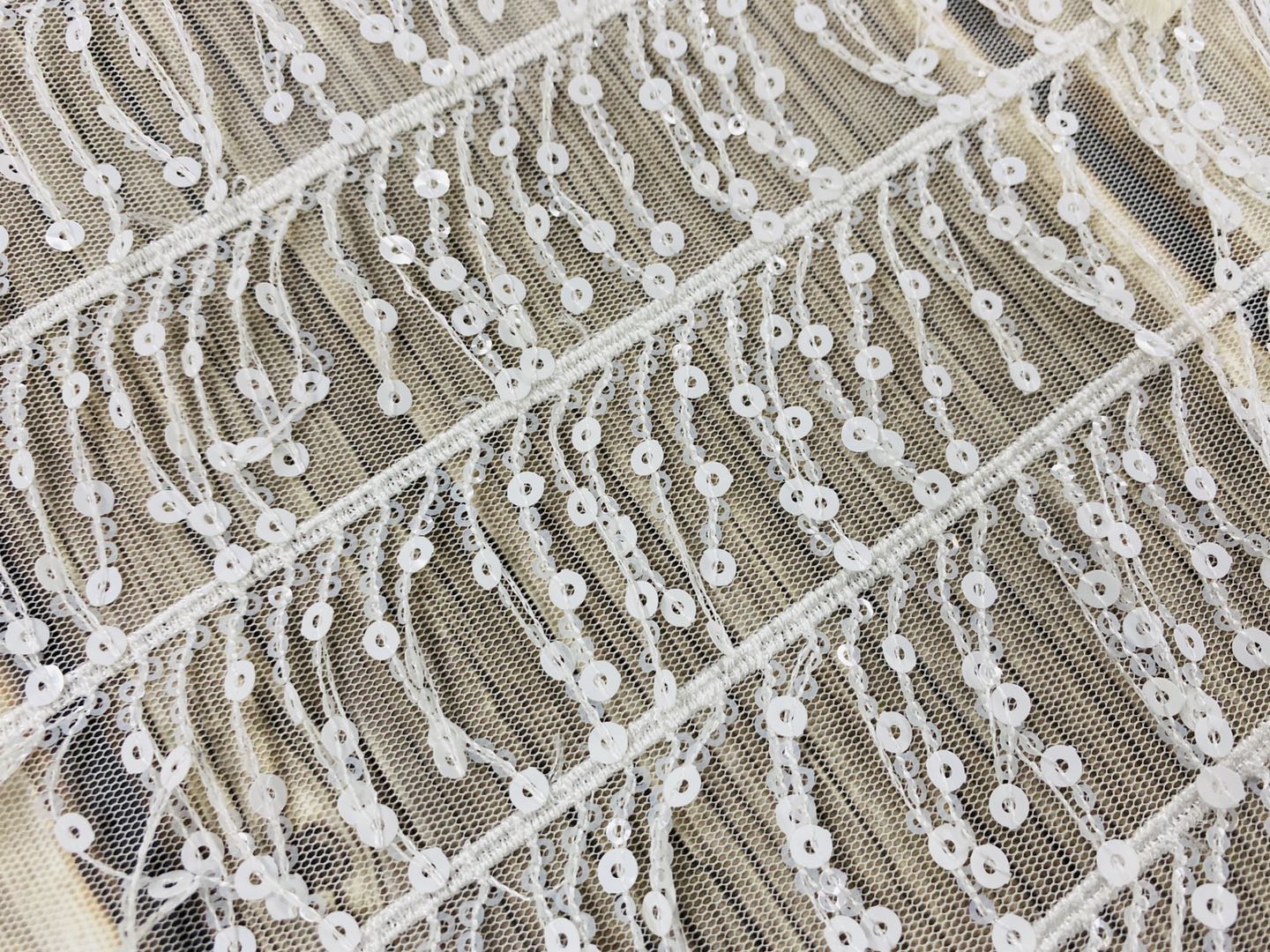
In March, the spring rain of Piaoli Li came to a stop at the time, and it came to Lane Village, where the government of Dalang Town, Dongguan City, Guangdong Province, known as “the First Village of China’s Maozhiâ€. Walking in the street, the air is permeated with a woven woolen smell, but in the past, each family had “hey, huh...†The flying needles of the looming looms of the loom could no longer be heard.
“Now basically all of them are changed to automated CNC loom. The hand-rolled flat knitting machines and semi-automatic flat knitting machines in the past were all eliminated, and there was no such noise anymore.†Born in Dalang, Ye Runquan, excitedly introduced, in 1992. He was working at a small workshop opened by others as a cross-cutting worker. Today, he is the owner of Dongguan Yishang Garments Co., Ltd., which owns more than 40 fully automatic CNC weaving machines. deep.
In 2005, Dalang Town vigorously encouraged enterprises to “machine change†and promote the transformation and upgrading of wool textiles through mechanized production. “Since then, many small businesses have started to purchase CNC automatic looms. I think it is a good opportunity to begin to build their own factories.†Ye Runquan said that his own processing plant was still using semi-automatic flat knitting machines at the beginning, and by 2010, all Using automatic CNC looms. When asked about the most worrying problems in production and operations, Ye Runquan said, “The most worrying thing is power outages. Now, electricity consumption has increased six-fold compared with the start of the factory.â€
Entering Dongguan Yingye Industrial Co., Ltd., located in the Dalang Town Maozhi Industrial Agglomeration Area, there are more than 20 people operating more than 1,000 machines at the same time. It is one of Dalang’s earliest companies to achieve “machine substitutionâ€. “Before 2007, the company had 400 hand-held flat knitting machines and later introduced nearly 400 CNC looms. Now that we have more than 1,300 machines, we have at least a 7-fold increase in production efficiency and a 20% increase in product added value.†Chen Weibo, Director of Yingyi Industrial Co., Ltd., told the reporter that when the company uses a hand crank machine, a transformer with a total capacity of 250 kVA can support the power consumption of the company. After the CNC machine arrived in 2007, it immediately upgraded to three 630 kVA transformers. He said, "From 2007 to 2010, the company's electricity capacity increased by nearly 18 times. Our factory has increased its numerical control machines and its electrical capacity has increased."
“Only in Xiangtou Village there are more than 3,000 large and small woolen companies. Dalang does not produce a single wool, but it has a mature woolry industrial chain. The town’s woolen sweaters cluster has annual sales of more than 1.2 billion sweaters.†Mao Wenhuan, secretary-general of the Wool Textile Industry Association, said that before the 1990s, Maozhi used manual flat knitting machines and semi-automatic flat knitting machines, which caused high labor costs and the monotonous designs and designs of traditional flat knitting machines could not adapt to wool. The development of the weaving industry and the demand for fashion, coupled with the difficulties encountered in recruitment, have also forced companies to upgrade to automation. In 2010, Dalang Town Maozhi ushered in the leap of transformation and upgrading. In just two years, automatic numerical control machines began to appear in large batches at major woolen factories. At present, Dalang has more than 40,000 CNC looms.
The transformation of DaLian Knitwear's manufacturing industry toward “intelligence†can be observed through data on electricity consumption. “In the past 10 years, the transformation and upgrade of mechanization of the Dalang wool textile industry has brought about a dramatic increase in electricity consumption.†Ye Zhide, head of the sales department of the Dalang Town Power Supply Bureau in Dongguan, said that the fastest growing time period was in 2010. In 2011, the town of Maozhi used large-scale ordinary CNC machines. In addition, in the past two years, the enterprises of the wool textile industry switched from the original fuel boiler to the perm oven, and the electricity consumption increased again. According to statistics, in the past 10 years, Dalang Town's annual electricity consumption increased from 1.22 billion kwh to 2.794 billion kwh.
Ye Zhide introduced that in recent years, the power supply department has solved the problem of heavy overload distribution by adopting methods such as switching large and small, adding new lines, and providing a steady stream of reliable electricity for the transformation and upgrading of the wool industry.
3D Sequins Embroidery Fabric.Most of these designs are designed by ourselves and you will see that it't very popular and pretty.
For example,blow 100% Polyester Natural Chalk White Spangle Embroidery Fabric

The mesh is polyester and sequin material is PET .The products is in soft handfeeling and suitable for children dress.evening party dress .garment dress etc.
We always shipp them to American.European and Turkey etc.It's really popular in the market.
3D Flower Lace Fabric,4Mm Sequins Embroidery Fabric,3Mm Sequins Embroidery Fabric,3D Sequins Embroidery Fabric
SHAOXING MINGHEE EMBROIDERY CO,LTD , https://www.zjbestfabric.com
